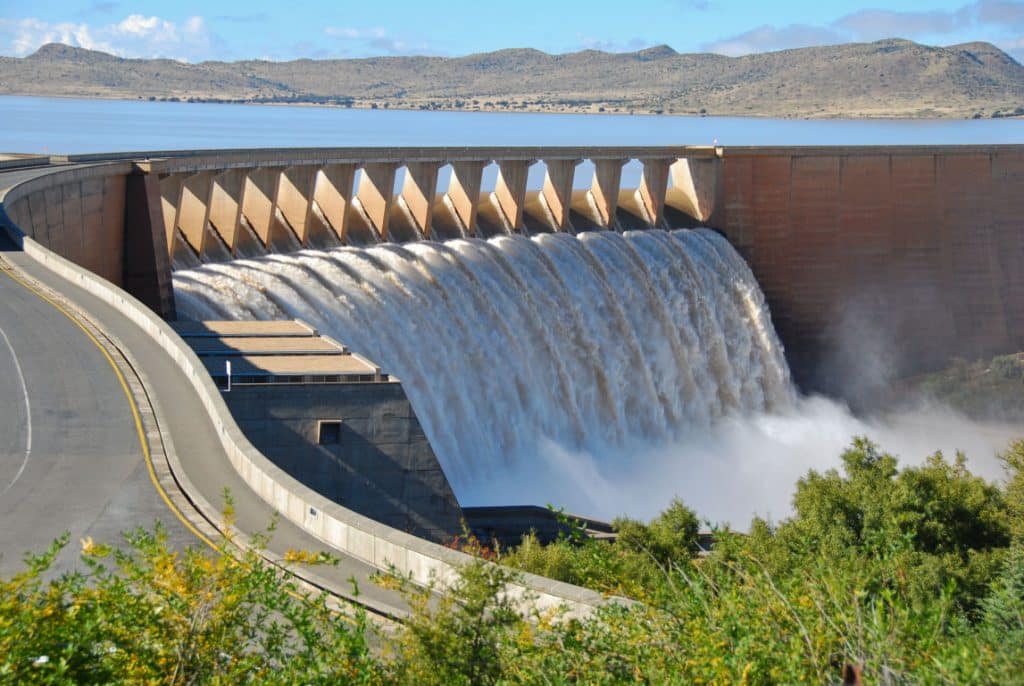The budget dedicated to water for the year 2023 in Zimbabwe has just been validated by parliament. The budget of 77.3 billion Zimbabwean dollars, more than 213 million dollars, will enable the acceleration of ongoing water projects as well as the implementation of new initiatives. The overall objective is to end the ongoing water shortage in the East African country.
Of the funding, Z$55.3 billion (about US$153 million) will be used to build new irrigation and fisheries infrastructure. Modern techniques will be favoured to promote water conservation in a context of drought.
Financing the Gwayi Shangani Dam
The remaining Z$22 billion (about US$60.8 million) of funding will be injected into 12 dam projects in Zimbabwe. The largest share of the funding, Z$6.2 billion (over US$17 million), will go to the Gwayi Shangani dam project, which is underway in Matabeleland North province. China International Water and Electric Corporation (CWE) is building the dam, which will be capable of holding 634 million cubic metres of water for consumption. The water will be piped from the dam to the city of Bulawayo.
“This will be followed by the Semwa Dam project (260 million m3) in Mashonaland Central province, which will receive Z$2.8 billion (over US$7.7 million). At least Z$2.7 billion (over US$6.9 million) will also be injected into the pipeline project to transport raw water from the Gwayi-Shangani dam to the town of Bulawayo 260 km away, Z$2.1 billion (over US$5.8 million) into the construction of the Kunzvi dam (158,4 million m3) in Mashonaland East province and Z$1.5 billion (over US$4 million) in the construction of the Vungu Dam (118 million m3) in Midlands province,” says Mthuli Ncube, Zimbabwe’s minister of finance and economic development.
Read also –
In 2023, the Tuli Manyange Dam project (33 million m3) in Matabeleland South will also receive additional funding of Z$1.7 billion (about US$4.7 million). The Ziminya Dam (650 million m3) in Zimbabwe’s Matabeleland North province will receive Z$1.1 billion, over US$3 million. The Defe Dam will receive Z$1 million, about US$2.8 million, and the Muchekeranwa Dam (75 million m3) in Mashonaland East Province will receive Z$600 million, more than US$1.6 million.
The Dande (160 million m3), Guruve and Mbada dams projects, located in Mashonaland Central province, will each receive Z$600 million, or more than US$1.6 million. In Mashonaland Central, Z$400 million (over US$1.1 million) will complete the Bindura Dam, which will have a storage capacity of 100 million m3.
Inès Magoum
